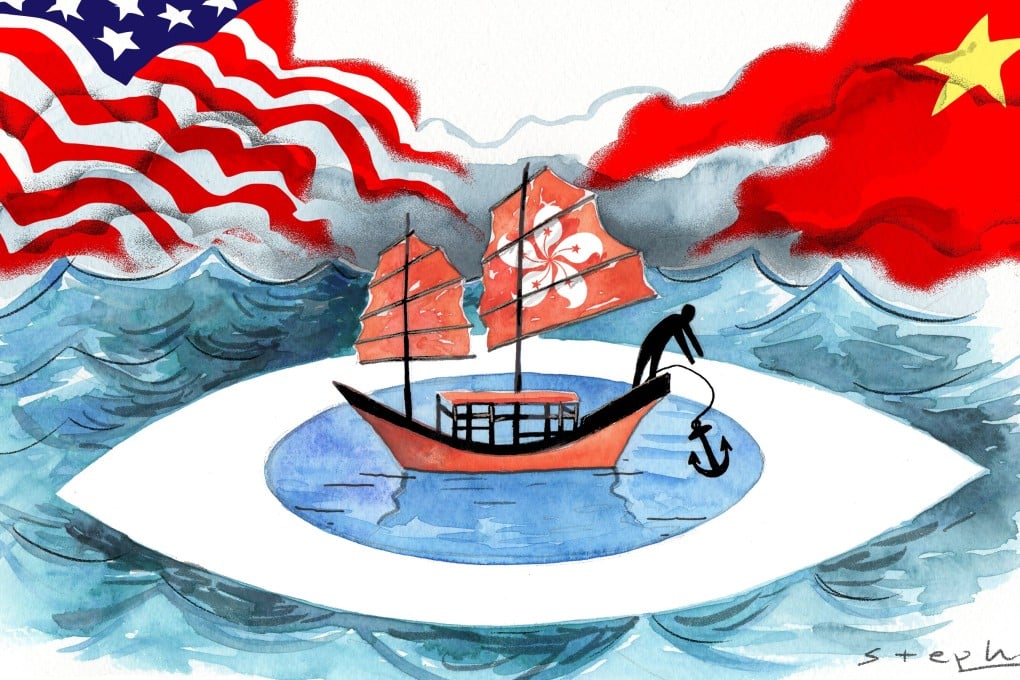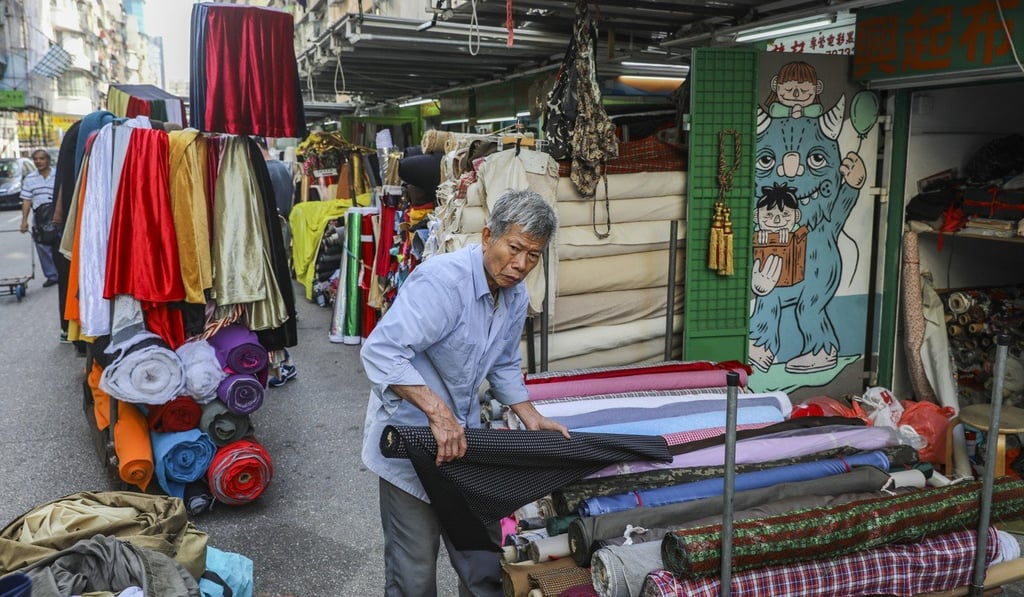Advertisement
Hong Kong protests: City must realise its true value to China to weather the political storm
- Hong Kong’s protests have been driven by deep domestic concerns, and exacerbated and exploited by international politics
- While Beijing should try easing local fears over judicial transparency, Hongkongers should embrace Chinese identity
Reading Time:4 minutes
Why you can trust SCMP

The protests against the now-defunct extradition bill that have gripped Hong Kong for the past six months have deep social and economic roots. This situation has been effectively exploited by powerful foreign actors in a wide geopolitical conflict to achieve different political goals.
These events have completely overwhelmed the Hong Kong government, which is mostly trained in peacetime administration, not to handle crises of this scale and intensity.
Behind its facade of peace and prosperity, Hong Kong has many social and economic fault lines. Even with huge budget surpluses and foreign currency reserve assets that currently amount to US$434.3 billion, for a population of almost 7.5 million people, income inequality has grown over the years.
Advertisement
In 2016, it hit its highest level since the city began keeping records 45 years ago. The median household income of the top 10 per cent of the population is 43 times that of the lowest 10 per cent. With a median individual monthly income of HK$16,000 (US$2,044), life is tough in this city.

Advertisement
Until Chief Executive Carrie Lam Cheng Yuet-ngor recently raised the mortgage ratio to 90 per cent for first-home buyers (who still have to pay a price of slightly more than US$1 million for a flat), it would take eight years of combined unspent household income to save for the deposit of a flat in the private sector. People who wish to move into a public rental flat would still have to wait an average of more than five years.
Advertisement
Select Voice
Choose your listening speed
Get through articles 2x faster
1.25x
250 WPM
Slow
Average
Fast
1.25x
